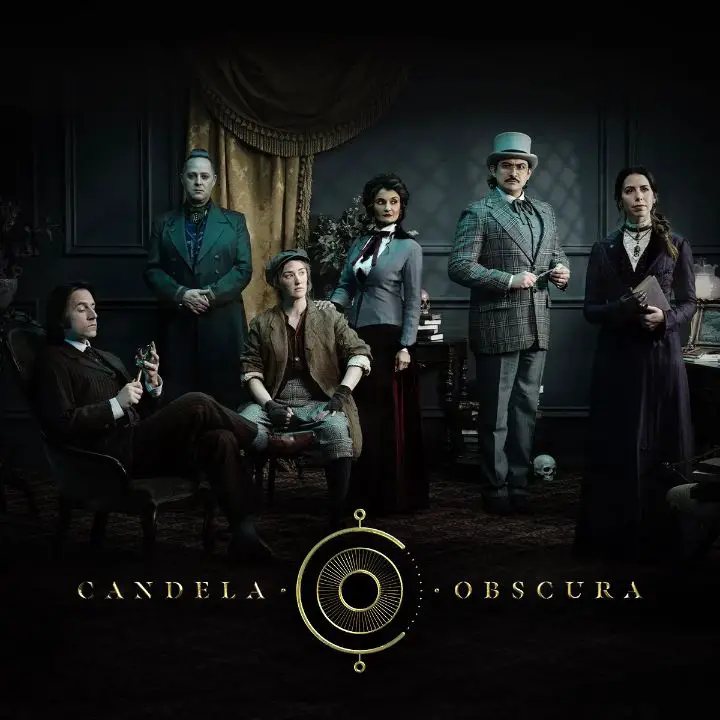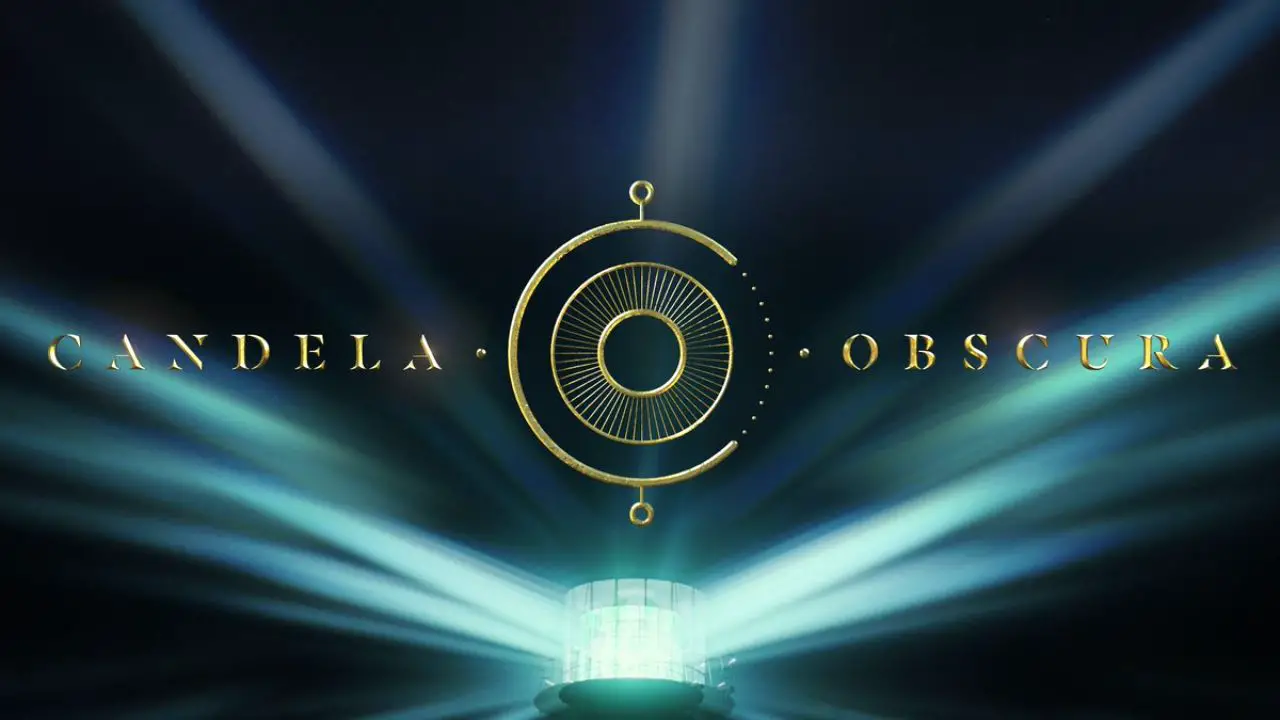The controversy surrounding Candela Obscura's acknowledgment, or lack thereof, of Blades in the Dark has opened up a broader conversation about influences.
The world of tabletop role-playing games (TTRPGs) is no stranger to controversy, and the recent discussions surrounding the Candela Obscura Quickstart (CO) have once again sparked a heated debate within the community.
The controversy revolves around the book's acknowledgment, or lack thereof, of its influences, particularly Blades in the Dark (BitD). In this article, we delve into the heart of the matter, exploring the different perspectives and shedding light on the complexities of influences and acknowledgments in TTRPG design.
Previously, we discussed the stories of Karen Strassman and Christina Trevanion.
Controversy Surrounding Candela Obscura: The Acknowledgment Puzzle and Distinguishing Similarities and Rule Changes
One of the key points of contention is whether Candela Obscura should have utilized the Forged in the Dark trademark license, given its inspiration from BitD. However, it is important to note that the license is not a requirement for using the BitD System Reference Document (SRD), and it appears that Candela Obscura did not directly utilize the SRD in its creation. This raises questions about the necessity of such a license when adapting or drawing inspiration from existing game systems.
Another aspect of the controversy stems from the similarities and differences between CO and BitD. While Candela Obscura clearly draws inspiration from Blades in the Dark, it also introduces significant rule changes, making it a distinct game in its own right. This parallel echoes the situation with BitD itself, which differentiated itself from Apocalypse World, another influential TTRPG, without employing the Powered by the Apocalypse trademark license. Understanding the balance between influence and originality is a crucial aspect of navigating these controversies.
The Evolution of Acknowledgment Plus Ethics and Design Influences
Comparisons are often made to the development of Blades in the Dark and its acknowledgment of Apocalypse World. It is worth noting that early versions of BitD's Quickstarts did not include an explicit acknowledgment, and the connection to Apocalypse World was only explicitly named in the final book. However, John Harper, the creator of BitD, has publicly expressed appreciation for games inspired by his work. This demonstrates that acknowledgment can take different forms and evolve over time, highlighting the subjective nature of this aspect of game design.

Controversy swirls around Candela Obscura's alleged failure to acknowledge Blades in the Dark.
Image Source: Fandom
Acknowledgments play a valuable role in guiding readers toward other games they may enjoy. However, it is essential to recognize that acknowledgments are not an ethical mandate but rather a means of showcasing influences. Games are inherently influenced by previous works, and tracing these connections can lead to a deeper appreciation of the broader RPG landscape. Criticizing a game for its influences without considering the creative process and the designer's intentions may overlook the rich tapestry of inspirations that shape TTRPGs.
Parochialism and the Knowledge of RPG History Plus A Recommendation for Exploration: The Candela Obscura Controversy
A striking observation within this controversy is the claim of certain elements being "stolen" from Blades in the Dark, revealing a limited knowledge of RPG history. Mechanics and concepts such as rolling pools of dice and taking the highest result have existed in RPGs prior to BitD's emergence. Recognizing the wider breadth of game design history can provide valuable context and dispel misconceptions regarding originality and innovation.
Amidst the discussions surrounding the Candela Obscura controversy, it is worth highlighting Clinton R. Nixon's The Shadow of Yesterday (2005) as a foundational game that has significantly contributed to modern TTRPG design. This game serves as an excellent starting point for those interested in exploring the evolution of game mechanics and design philosophies. Additionally, Nixon's work leads readers towards FUDGE, a system that further underpins the foundations of TTRPG design.

